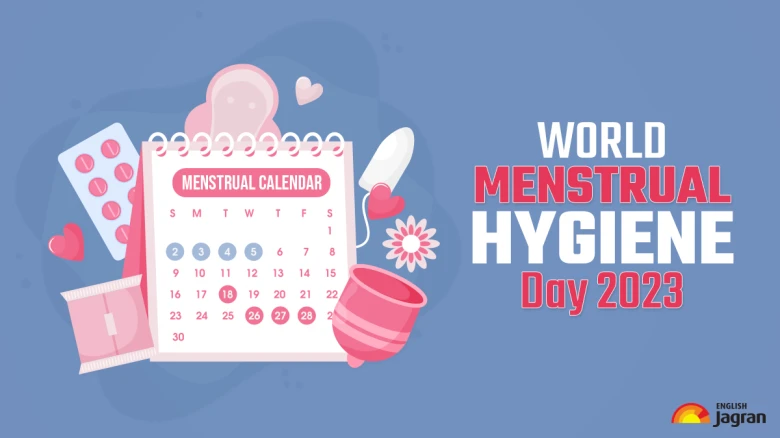National

Every year, May 28 is observed as menstruation hygiene Day to combat stigma and raise awareness of the significance of menstruation cleanliness.
Digital Desk: When a woman is on her period, does she become impure, or is PMS even real? Various urban legends spread and keep some topics taboo. Therefore, it is crucial to clear up these baseless myths and empower people with knowledge and real facts. Period-related fiction should be eliminated.
Menstruation, a normal physical process, has long been shrouded by myths and misconceptions in Indian society. To empower women and encourage a better understanding of menstruation, it is imperative to dispel these myths and provide correct facts.
Every year, May 28 is observed as menstruation hygiene Day to combat stigma and raise awareness of the significance of menstruation cleanliness.
Here are five common menstrual myths, along with the facts that disprove them:
Myth and Facts of the Period
1. Myth: Women discard away impure blood during their menstruation.
The idea that menstrual blood is unclean or dirty is incorrect. An essential component of the reproductive system, menstruation helps a woman's body get ready for a prospective pregnancy. The inner uterine lining, which grows each month to sustain a pregnancy, is shed during a period, resulting in period blood. When menstruating, this lining is lost as blood if conception does not take place. According to science, menstrual blood is equally pure as the blood that flows through the body.
2. Myth: the belief that the menstrual cycle is fixed at 28 days
Contrary to common belief, a healthy menstrual cycle does not necessarily adhere to a 28-day duration. Menstrual cycles are different for each woman and can differ greatly. Even though a period of 28 days is seen to be a healthy length on average, adult females commonly have cycles that run between 21 and 35 days. Teenagers' variances, which can range from 21 to 45 days, maybe even more wide-ranging. The length of menstruation periods can be influenced by a variety of elements, including emotions, travel, specific drugs, abrupt weight changes, and lifestyle.
3. Myth: A healthy cycle lasts a week
The idea that a healthy period should last exactly one week is unfounded. There is no set period for all women's bleeding, which can last for various lengths of time. Even after their first menstruation (menarche), some women may have periods that last only two days and still be in good reproductive health. The length of monthly bleeding, which can last between 2 and 10 days, can be influenced by a variety of factors, including age, stress levels, eating patterns, food, and lifestyle.
4. Myth: PMS is a Psychological Illusion
It is a fact that symptoms of premenstrual syndrome (PMS) might appear a week or two before menstruation. The body's reaction to hormonal changes that occur during the monthly cycle is PMS. Bloating, headaches, mood swings, angry outbursts, weeping bouts, and irritability are among the symptoms that more than 70% of women experience. Fatigue, cramping, and headaches are common signs. Although the symptoms are frequently referred to as "PMSing," it is vital to get medical help if they are severe and significantly disrupt daily activities.
5. Myth: Pain is a Normal Component of Periods
Fact: It is false to believe that pain during periods is a natural component of the process and that it is an intrinsic aspect of it. when some people might feel a little uncomfortable when having their period, extreme pain is not usual. Being a physiological procedure, menstruation ought to be as painless as urinating. Having to miss time from work, school, or other activities because of pain necessitates medical treatment.
The inside functions of a woman's body are very complex. A girl can reproduce once her menstrual cycle starts. Therefore, everyone should be sensitive enough to understand the process and abandon the taboos that surround this natural process.
Leave A Comment